Have you ever scrolled through social media and felt that itch to try the latest DIY face mask recipe? Or maybe you’re standing in the skincare aisle, totally lost in a sea of products and their crazy prices? We’ve ALL been there. It seems like everyone’s either whipping up kitchen concoctions or dropping major cash on fancy serums. But when it comes to DIY vs. dermatologist skincare, which way is actually better for our skin? Let’s break it down and figure out what’s best for YOU.
DIY Skincare: The Good, the Bad, and the Bumpy
Let’s be real, DIY skincare is super appealing. It’s often way cheaper than buying products, and who doesn’t love that feeling of creating something awesome with your own two hands? Plus, there’s this idea that DIY is more “natural” and that you have total control over what goes on your skin. It feels good to pamper yourself and connect with nature’s ingredients. But before you dive headfirst into that avocado mask, let’s talk about some potential risks.
First up, contamination. Our kitchens, while great for cooking, aren’t exactly sterile labs. Bacteria and fungi just love to party in moist environments, so homemade skincare, especially anything with water, can become a breeding ground for these little troublemakers. And guess what? That can lead to some nasty skin infections. Even if you’re a clean freak, it’s tough to compete with the rigorous hygiene standards of professional skincare labs.
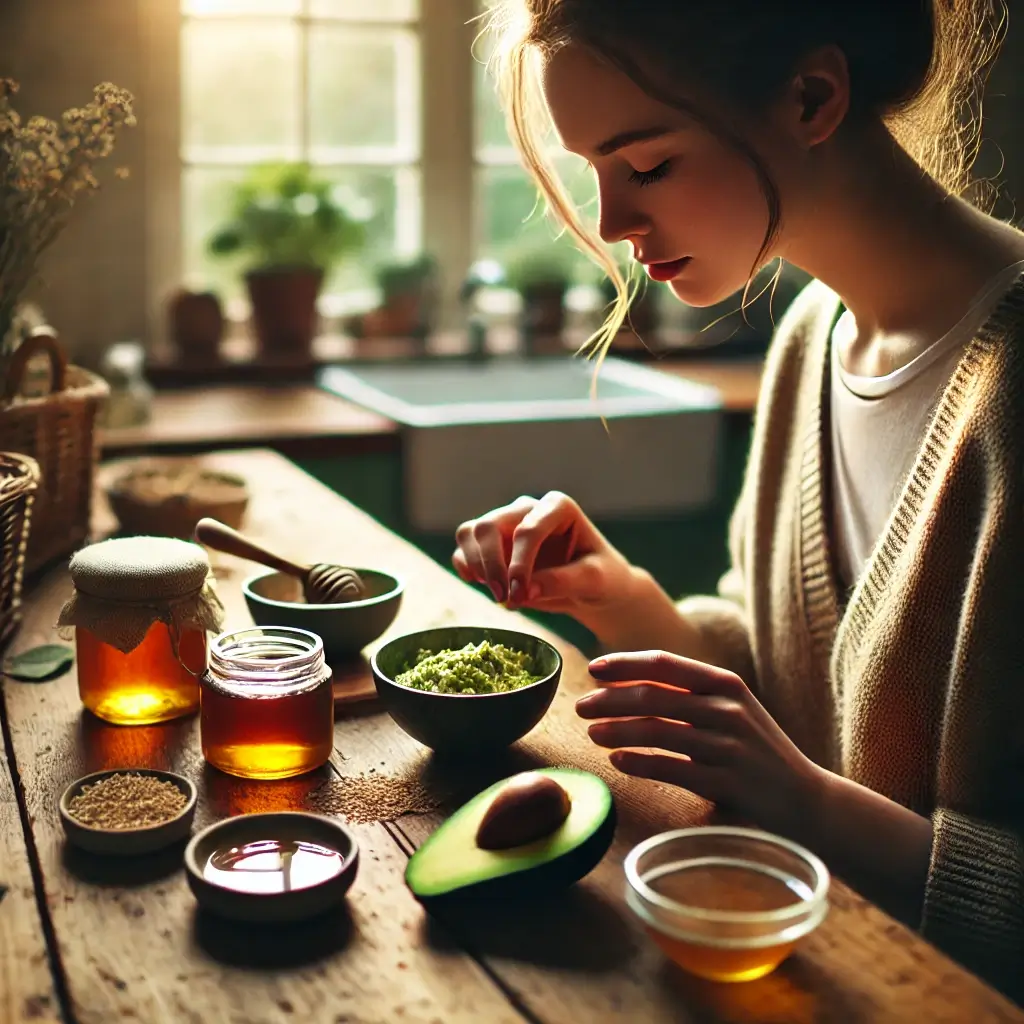
Next, let’s talk about irritation. Some of those trendy DIY ingredients, like lemon juice and essential oils, can be seriously harsh on your skin. They can strip away your skin’s natural protective barrier, leading to dryness, redness, and breakouts. Plus, they can make your skin extra sensitive to the sun, setting you up for a painful sunburn. Remember those lemon juice burns? Yeah, not cute.
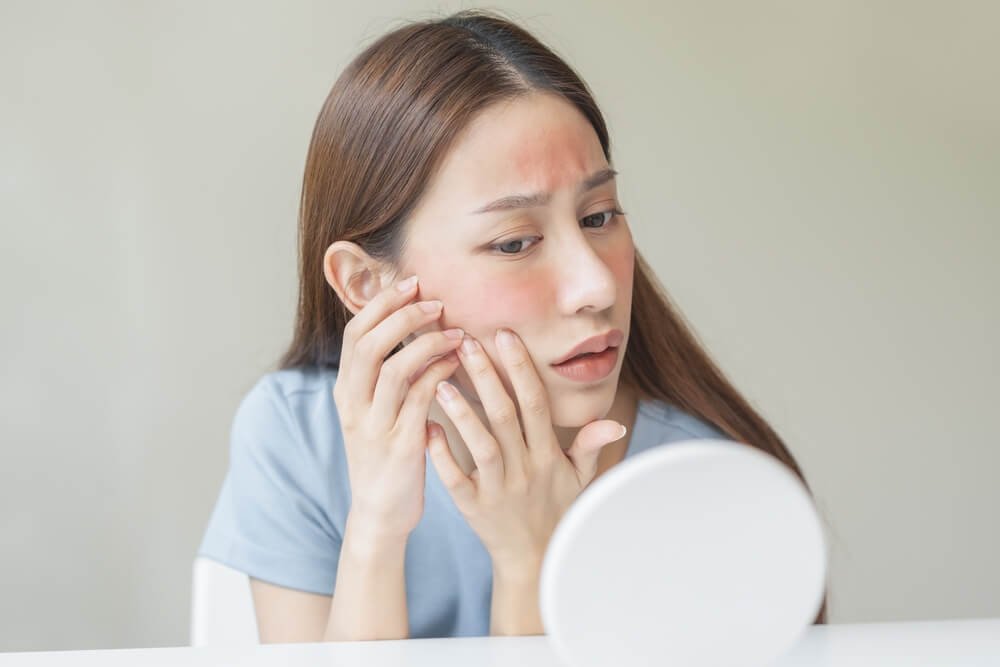
And lastly, remember that pH balance thing? Our skin naturally sits at a slightly acidic pH (around 4.5-5.5). This helps keep our skin healthy and balanced. But some DIY faves, like baking soda, are highly alkaline. When you slather that on your face, you’re messing with your skin’s natural pH, which can weaken its defenses and lead to more breakouts and irritation.
Store-Bought Skincare: The Science Behind the Shelf
Now, let’s talk about those pretty bottles and jars lining the skincare aisles. While it’s true that some store-bought skincare can be packed with questionable chemicals, there’s a whole world of professionally formulated products that are actually good for your skin.
These products are created by cosmetic chemists, the brainy folks who understand the science of skin. They use high-quality ingredients in the right concentrations and forms to make sure they’re both effective and safe. They also know how to properly preserve products so they stay fresh and bacteria-free. Plus, these products have to meet strict safety and quality standards before they even hit the shelves.
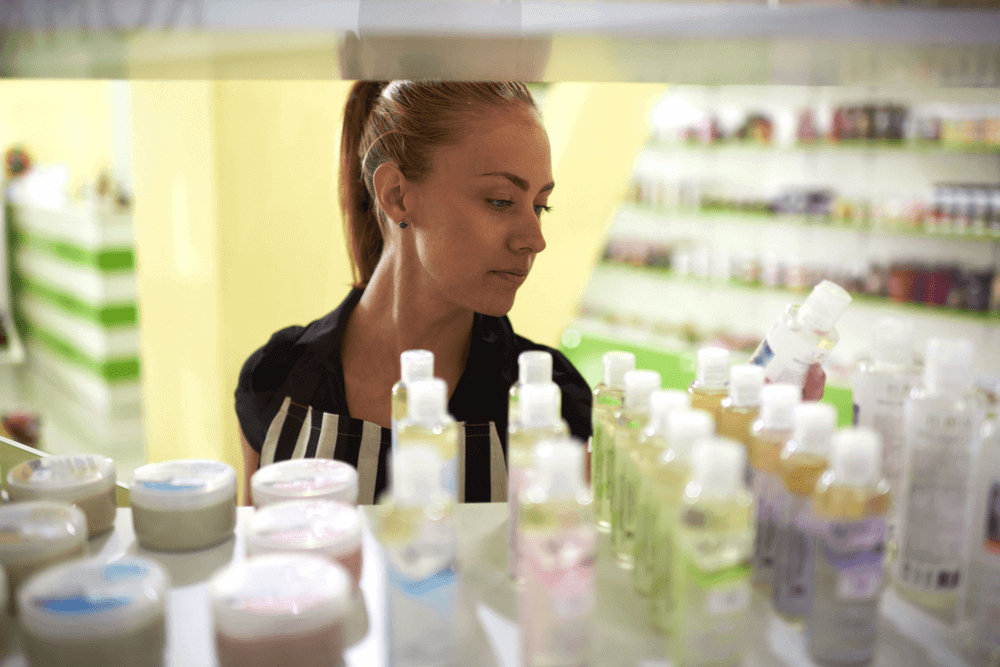
Think of it this way: you wouldn’t try to DIY your own medication, right? You trust the experts who have the knowledge and experience to create safe and effective treatments. Skincare is kinda similar!
But What About Those Organic Brands?
You might be thinking, “But what about those organic brands? They must be like DIY, right?” Not exactly. While some brands do use natural ingredients, they’re still formulated in labs by professionals who understand how to combine and preserve those ingredients safely and effectively.
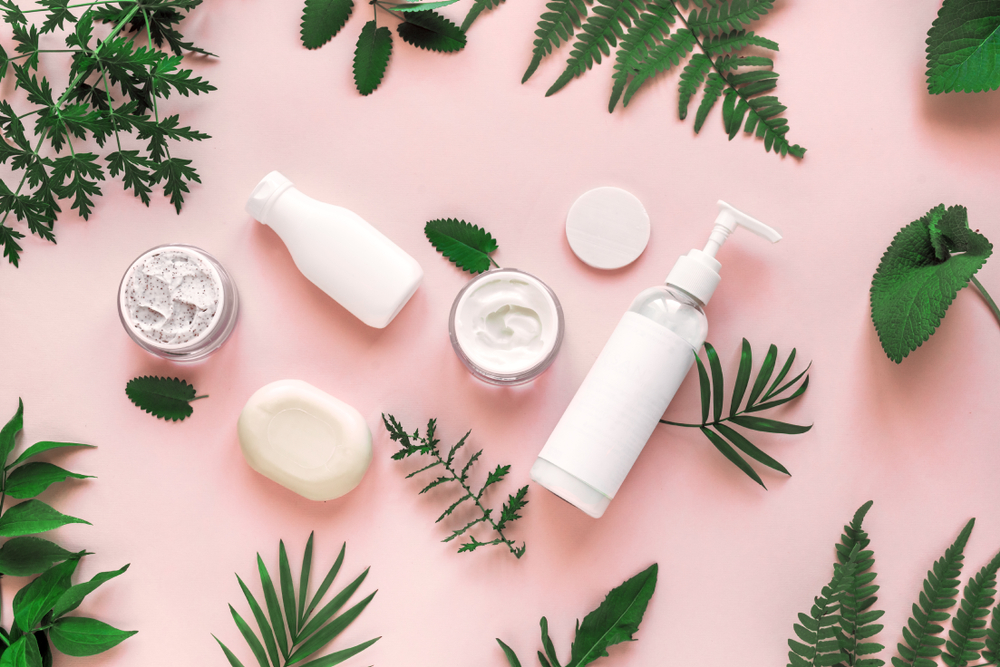
Some awesome examples of these well-formulated organic brands are Organic Harvest, Soul Tree, Juicy Chemistry, Weleda, Osea, True Botanicals, and Forest Essentials. These brands are all about using natural ingredients and sustainable practices without sacrificing quality or safety.
Sustainability: Thinking Beyond the Bottle
Now, let’s talk about our planet. It’s important to consider the environmental impact of our skincare choices, whether we’re DIYing or buying.
With DIY, you can potentially reduce packaging waste and use locally sourced ingredients. [You may want to research and provide some examples of sustainable DIY skincare practices or ingredient sourcing.] But be mindful of where your ingredients are coming from and how they’re produced. You don’t want to accidentally support unsustainable practices!
When it comes to store-bought skincare, look for brands that are committed to sustainability. Check for certifications like “organic,” “cruelty-free,” and “fair trade,” which indicate ethical and environmentally responsible practices. You can vote for a healthier planet with your wallet!
DIY for Specific Skin Woes: Proceed with Caution
What if you’re dealing with specific skin concerns? Can DIY help? Maybe, but tread carefully. If you have eczema, psoriasis, acne, or rosacea, always talk to your dermatologist before trying any DIY remedies. Some ingredients, like oatmeal and aloe vera, can be soothing for dry and irritated skin. But others, like harsh scrubs or lemon juice, can make things way worse.
DIY: Your Skincare Education Adventure
Here’s the thing: DIY skincare doesn’t have to be all or nothing. Think of it as a gateway to learning more about your skin and the ingredients that work for you. Get curious about those labels! Research different ingredients, their properties, and how they might affect your skin. Start to understand the science behind skincare, and you’ll be able to make more informed choices about both DIY and store-bought products.
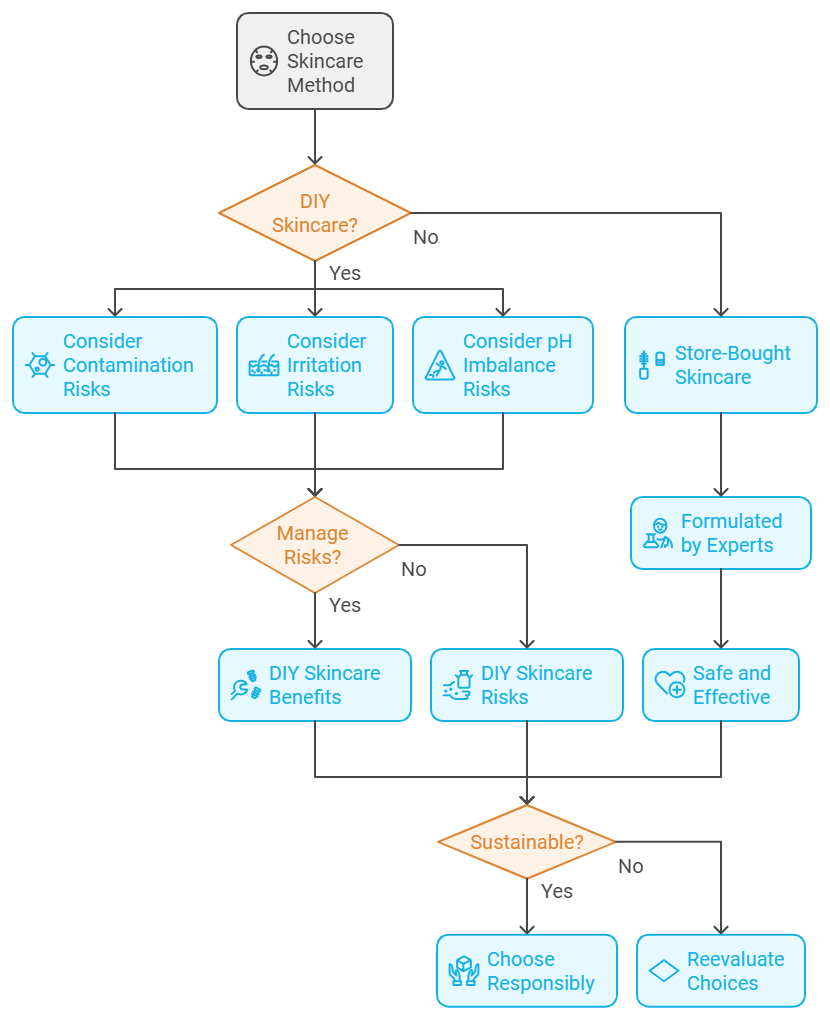
Navigating the Wild World of DIY Online
Let’s face it, the internet is a jungle of DIY skincare advice, and not all of it is good (or safe!). Be a savvy skincare detective! Look for reputable sources like Humblebee & Me and Reddit’s DIY Beauty community, where experienced DIYers share evidence-based advice and safety tips. And always remember to fact-check everything you read! If something sounds too good to be true, it probably is.
DIY or Dermatologist: The Verdict
At the end of the day, the choice is yours. DIY skincare can be a fun and rewarding way to pamper yourself and learn about your skin. But it’s crucial to prioritize safety and efficacy. Remember those risks we talked about! For your everyday skincare routine, professionally formulated products are generally the safer and more effective bet.
So, what’s the final takeaway? Be informed, be curious, and be kind to your skin! Whether you’re whipping up a homemade mask or splurging on a fancy serum, the most important thing is to choose what works best for you and your beautiful, unique skin.
If you found this post helpful, you can check out our other articles on this page. For more insights about what we discussed here, you can check this out.
Is DIY skincare safe for sensitive skin?
DIY skincare can be risky for sensitive skin, as some ingredients, like lemon juice or baking soda, may cause irritation. It’s best to consult a dermatologist before trying any DIY methods if you have sensitive skin.
What are the risks of DIY skincare?
DIY skincare risks include potential bacterial contamination, skin irritation, and pH imbalance. Without proper formulation and preservation, DIY products can lead to infections and worsen skin issues.
How do dermatologist-approved products benefit the skin?
Dermatologist-approved products are formulated by experts, using safe and effective ingredients in balanced concentrations. These products are rigorously tested and adhere to strict safety standards, making them generally safer than DIY alternatives.
Are natural and organic skincare brands better than DIY?
Natural and organic skincare brands offer professionally formulated products that prioritize safety, efficacy, and preservation. Unlike DIY, they meet quality standards, ensuring safer use while still using natural ingredients.
Can DIY skincare help with specific skin conditions?
DIY skincare may soothe some skin issues, like dry skin with oatmeal or aloe vera, but can worsen conditions like acne or eczema if not done carefully. Always consult a dermatologist for personalized advice.

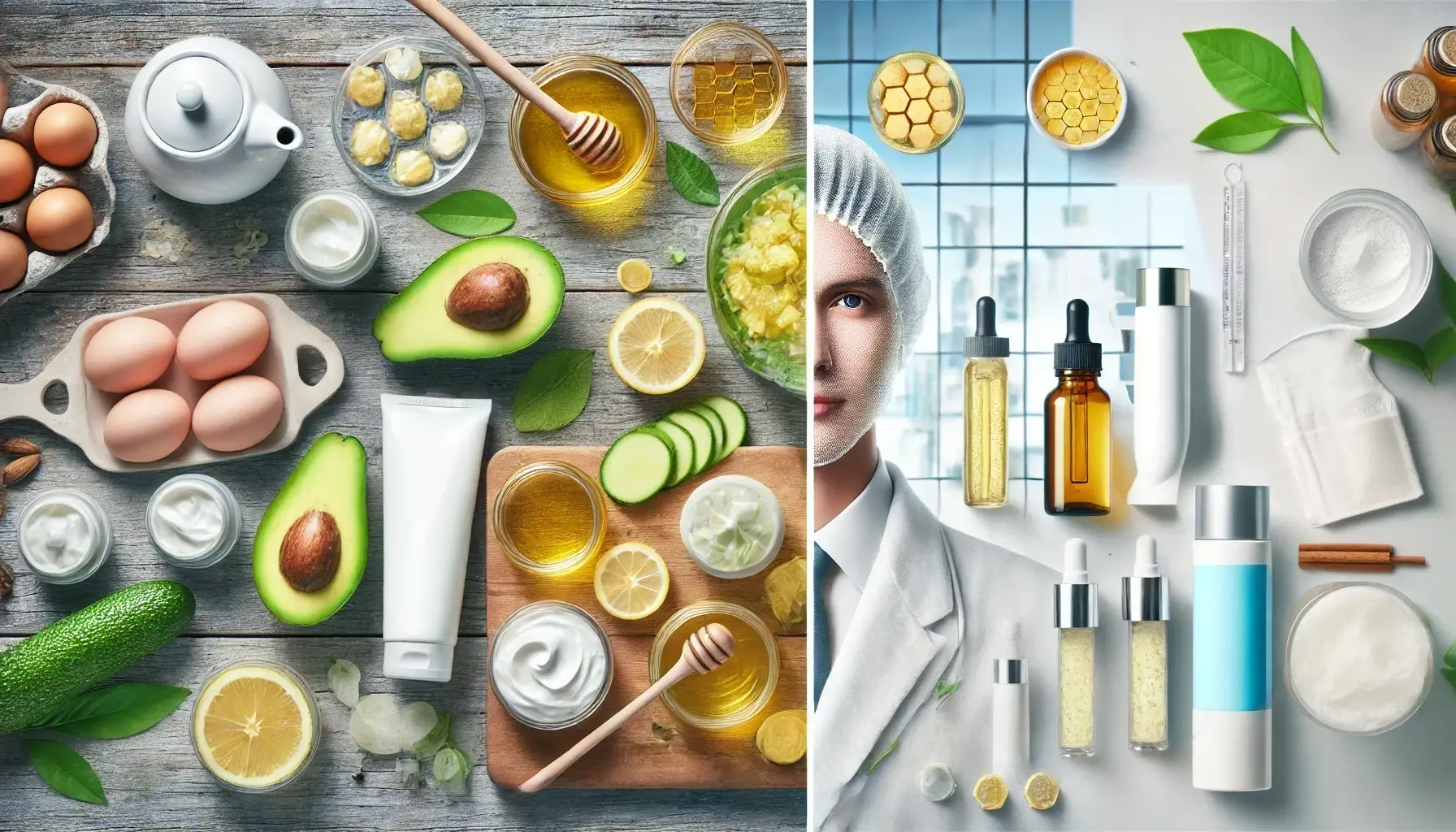

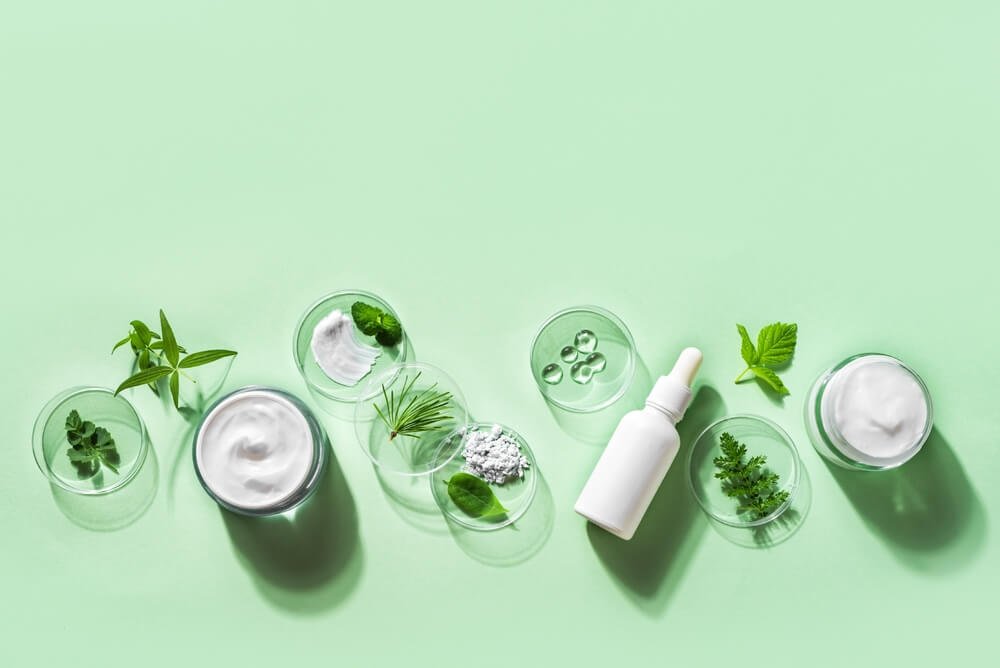

Leave a Reply